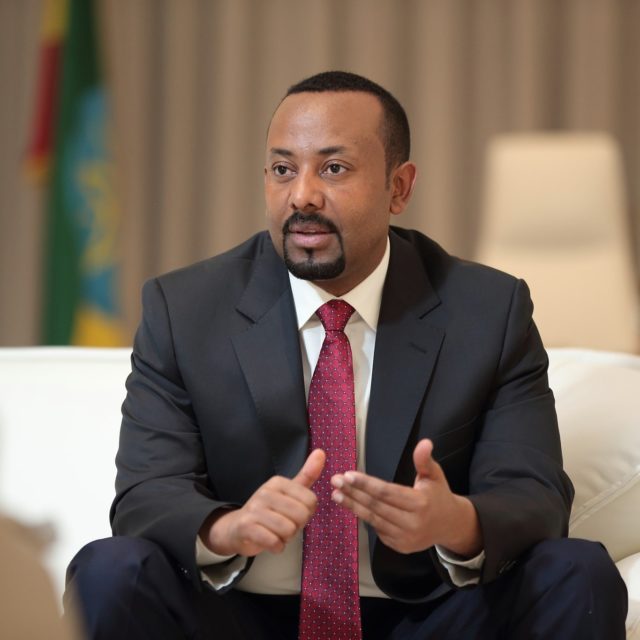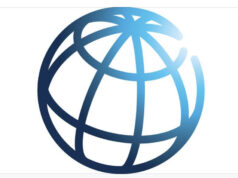By: Tadele Lemu and Adane Shana
Abiy Ahmed, the current Ethiopian Prime Minister strategically deprioritized the transition’s success in favor of becoming the next Ethiopian ‘Big man’ ruler. Two years ago, when he came to power in the middle of intense political protests that swept away the Tigrayan People’s Liberation Front (TPLF) frompower, he promised the transition’s success to democratize as well as to solve the complicated multi-faceted Ethiopian politics. However, he apparently lacked knowledge of Ethiopia’s deep-rooted and complex political issues and started taking wilddecisions laid the country in very hard situation facing today.
He started by displaying abundance of charm and deception coated by rhetoric of national reconciliation, love and peace to persuade many Ethiopians. However,the main questions of self-rule rose during protest that brought him to power have beenignored.He started his Monocratic rule by marginalizing prominent elites, political activists and icon nationalists from the federal and regional government positions.The critics of the prime minister who advised caution were simply pushed to the side or branded as anti-reform or as supporters of the hated TPLF/EPRDF regime, even though Abiy Ahmed was part of that system, the critics were not.
Right now, in most parts of the country the government presenting very poor civil service performance and the economy is deteriorating. The regional governments particularly Amhara, Oromia, Tigray and Somalia seem severely affected. On top of this, since Abiy Ahmed came to power most parts of the two largest region comprising 70% of the county’s population, Amhara and Oromia region put under lawless state of emergency.
Many, if not most political parties operating in the country areblaming his government for intimidation, harassment, and arrests of their officers and supporters, and preventing or closing their party offices in several parts of the country.These conditionsled to rough relationship between Abiy’s government and opposition parties peacefully operating in the country eventually filled with suspicion and mistrust.
As we all know, Ethiopia, one of the poorest countries in the world is currently worrying about the pandemic diseases “COVID-19” and the national election planned to be conducted in 2020. The Prime Minister’s recent statements on election postponement and the associated apparent constitutional crisis,and the future of democracy in Ethiopia escalated thecontradictions and confusion among the citizen.By law,Ethiopia’s parliament will reach the end of its constitutional five-year term on October 5th that leaves the country without a legitimate parliament or government. Thus, the Prime Minister Abiy Ahmed is facing a constitutional crisis as the term of his government is coming to an end in a few months. This is mainly because of there is no clear constitutional framework to extend the term of the incumbent government beyond five years to avoid a vacuum of leadership. The constitutional silence indicates the absence of a constitutional solution.
Even though the Prime minister has come with four alternatives to overcome the crisis, all were rejected by political parties operating in the country. Instead, those opposition political parties requesting for further political discussions where as the prime minister has already set his mind in reckless move and announced to the political parties in very late without adequate discussion on it.
All opposition political parties requestedinsisted on–table political discussion and reconciliation with the government as well as among themselves to fill the constitutional gap. However, the prime minister made a strong statement criticizing those who disagreed with him and threatening others. His intimidation could also stifle the democratic discourse and further limit the political space. If the political situation gets worse, the prime minister has no one to blame except himself and his advisors.
Presently, Abiy’s government has been over whelmed by internal ethnic-like conflicts and displacements. Although some of these conflicts and displacements were already happeningbeforehe came to power,he failed to defuse these problems in a timely manner to avoid the loss of lives,the associated economic inflations political instabilities that shaking the country right now. The Prime Minister had lost precious time at the very beginning inbuilding a new party called Prosperity Party, dismantling the ruling EPRDF party through manipulation ofillegal acts and by developing his discourse into a curious philosophy of “meddemer” which is neither philosophy nor political ideology. He forwarded lecturing, orchestrating and marketing his personal idea than developing and supervising the implementation of effective policies to save the country from chaos and constitutional crisis.
On top of these, his new prosperity party was rejected by the people right away before even down to the people. His own central committee membersand prominent politicians includingLemma Megarsa and apparently other members rejected the idea and they were sidelined the Pm. Thus, while focusing on building worthless a new party, the prime minister had lost some key supporters and a crucial time preparing the nation for the anticipated national election in 2020.
Generally, the prime minister is working tirelessly to stifle the democratic discourse and further limit the political space in Ethiopia. Under Nobel lieutenant of 2019 Abiy Ahmed, the Ethiopian government is characterized by arbitrary arrests and harassments of all those who disagreed with him. Amnesty international and human right watch exposed ongoing human right violations and urged the Ethiopian government to release all political prisoners and stop violation of human rights.
He should have focused on trying to lead the country to a peaceful and orderly transition in order to give it its best chance of success. Instead, he seems to have deprioritized the transition’s success in favors of becoming the next in a long line of Ethiopian ‘Big Man’ rulers.To truly break with the past, Ethiopia needs to meaningfully pursue truth, justice, reconciliation, and redress, not embrace one approach to the detriment of others. Currently his chance of winning the support of the Ethiopian people is gravely damaged by his inconstant, manipulative and hostile relationship with Ethiopian people.
























